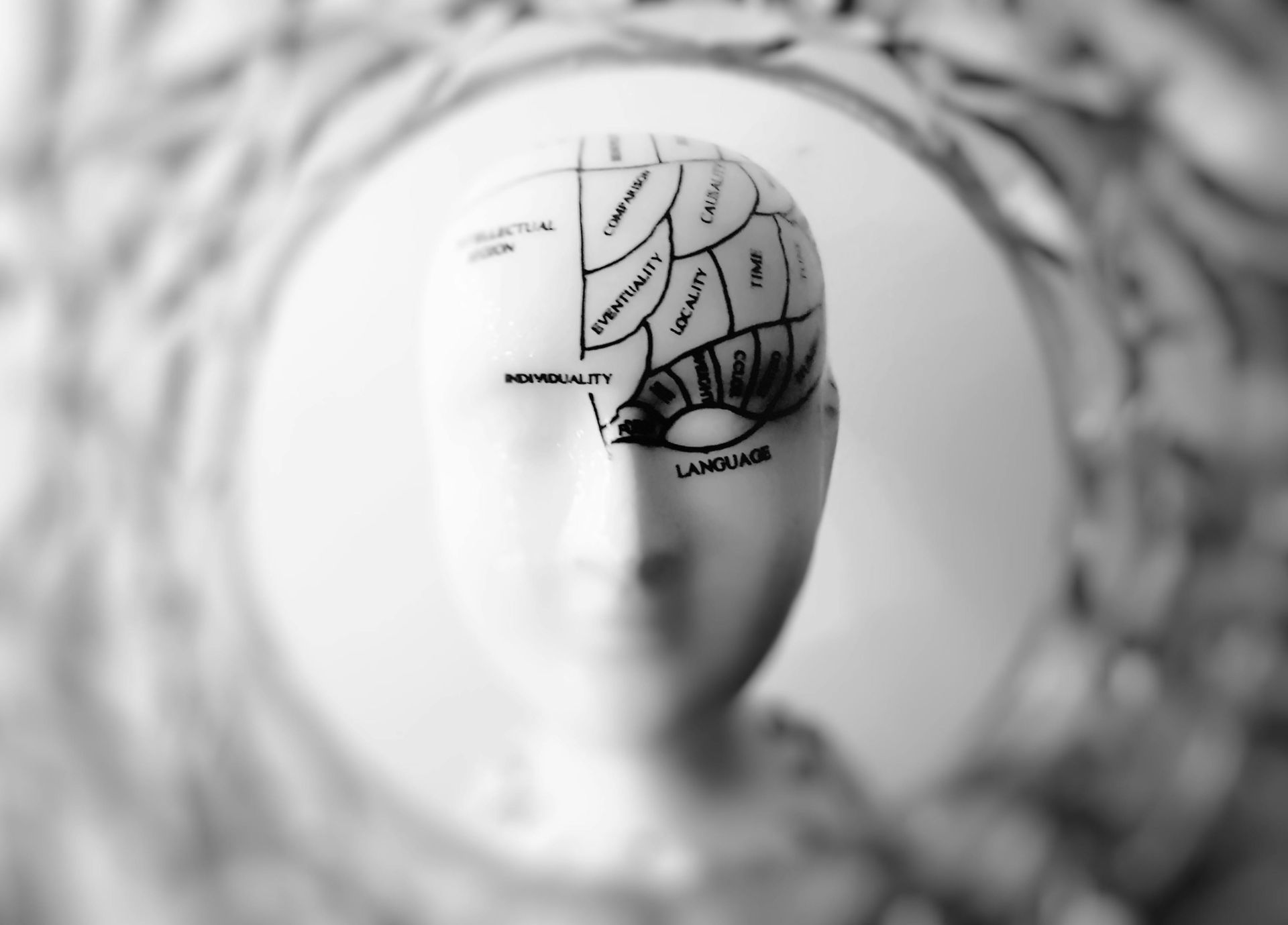By clicking “Accept All Cookies”, you agree to the storing of cookies on your device to enhance site navigation, analyze site usage, and assist in our marketing efforts. View our Privacy Policy for more information.
🧠 Brain Fog: What It Is, Why It Happens, and How to Clear It Naturally
6/19/2025
By
June 19, 2025

Brain Fog: What It Is, Why It Happens, and How to Clear It Naturally

Posted by Starr Village CrossFit – Athens, TN
Do you ever feel like you’re walking around in a mental cloud?
Struggling to focus, remember simple things, or stay energized—even after a full night’s sleep?
That frustrating, fuzzy-headed feeling is what many people call brain fog—and it’s more common than you think.
At Starr Village CrossFit, we don’t just care about your physical strength—we care about your mental sharpness, too. Let’s break down what brain fog is, what causes it, and how to fight back with smarter food and vitamin choices.
What Is Brain Fog?
Brain fog isn’t a medical condition, but it’s a real experience that can affect your:
- Focus and concentration
- Memory and recall
- Motivation and mood
- Energy levels
- Verbal processing and clarity
It can feel like you’re “off,” disconnected, or just not yourself.
Common Causes of Brain Fog
There’s usually more than one culprit. Here are the most common root causes:
1. Poor Nutrition
Too much sugar, processed foods, and not enough real nutrients can starve the brain of what it needs to function.
2. Blood Sugar Swings
If your blood sugar spikes and crashes all day (thanks to sugary snacks and refined carbs), it takes your brain down with it.
3. Chronic Stress and Cortisol Overload
When your body is constantly in fight-or-flight mode, your brain can’t focus on the tasks at hand.
4. Lack of Quality Sleep
Even one night of poor sleep can impair focus, memory, and reaction time. Long-term sleep deprivation is a major brain fog trigger.
5. Dehydration
Your brain is over 70% water. Even mild dehydration can make you feel foggy or irritable.
6. Vitamin & Mineral Deficiencies
Low levels of key nutrients like B12, iron, vitamin D, omega-3s, and magnesium can dull your mental edge.
7. Gut-Brain Imbalance
If your gut is inflamed or your microbiome is out of balance, your brain often suffers too.
(Yes, gut health = brain health!)
Foods That Fight Brain Fog
Fueling your brain starts with real food. Focus on meals that are high in nutrients and low in added sugar and inflammation.
✅ Brain-Boosting Foods:
- Fatty fish (salmon, sardines): Rich in omega-3s
- Leafy greens (spinach, kale): Loaded with antioxidants and folate
- Berries: Packed with polyphenols for cognitive protection
- Avocados: Healthy fats that support brain function
- Pasture-raised eggs: Great source of choline for memory
- Nuts & seeds: Especially walnuts, almonds, flax, and chia
- Turmeric & ginger: Natural anti-inflammatory spices
- Fermented foods (sauerkraut, kimchi, kefir): Gut-friendly probiotics
💡 Bonus tip: Eat a high-protein, low-sugar breakfast to avoid morning crashes.
Top Vitamins & Supplements for Brain Health
Sometimes food isn’t enough—especially if you’re stressed, active, or aging. These can help:
- Vitamin B12: Crucial for energy and focus (especially if you're low or plant-based)
- Vitamin D3: Supports mood, cognition, and immune health
- Magnesium glycinate or threonate: Calms the nervous system and helps with brain signaling
- Omega-3 fatty acids (DHA/EPA): Vital for memory and cognition
- L-Theanine: A natural amino acid that improves focus without the jitters
- Lion’s Mane mushroom: Shown to support memory, focus, and brain repair
- Probiotic: Balances gut bacteria, which directly impacts mental clarity
✅ Always check with a healthcare provider before adding new supplements to your routine.
Lifestyle Habits That Clear the Mental Fog
Nutrition is huge, but so are your daily habits. Add these tools to your brain health toolbox:
- Prioritize 7–9 hours of sleep each night
- Take screen breaks throughout the day
- Move your body regularly (like CrossFit!)
- Get 15–20 minutes of sunlight every morning
- Journal or meditate to reduce mental clutter
- Cold plunge or contrast showers to stimulate the nervous system
- Stay hydrated—at least half your body weight in ounces of water per day
Final Thoughts from Starr Village CrossFit
Brain fog isn’t just “getting older” or “being busy.”
It’s your body asking for better fuel, more rest, and less stress.
The good news? You don’t have to live in a fog.
Small changes—like swapping sugary snacks for real food, adding key vitamins, and improving your sleep—can bring your brain back online and help you feel sharper, more focused, and more like you.





